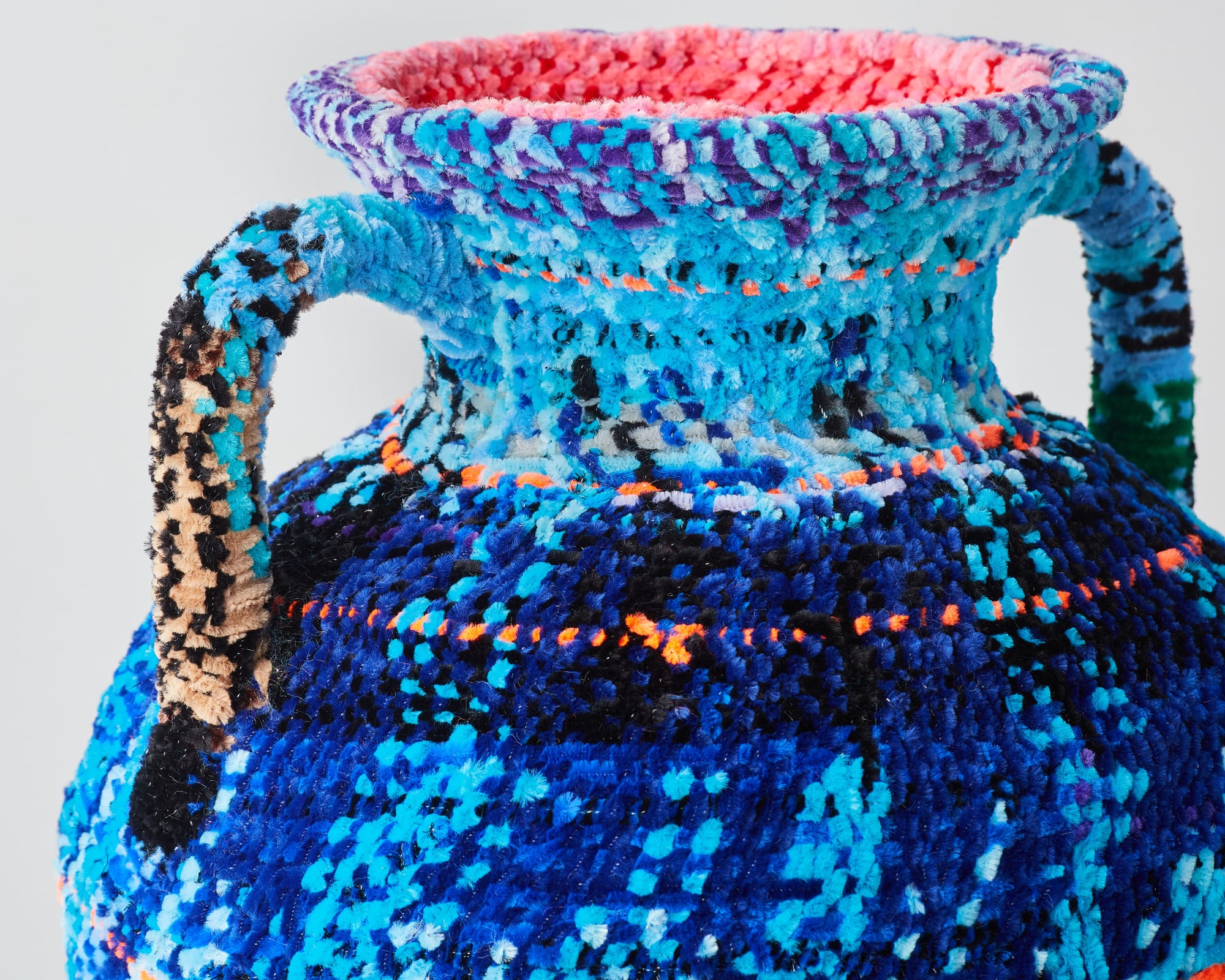
In 1759, Staffordshire potter and entrepreneur Josiah Wedgwood (1730-1795) founded a ceramics company that achieved global recognition and continues production today. He soared to success as a leader of industrialized pottery in Europe, tapping into a renewed 18th-century vogue for classical forms in home decor and tableware.
A meticulous studier of current trends and materials, “Wedgwood conducted thousands of experiments to perfect his unique clays and glazes,” says the Victoria and Albert Museum, which stewards more than 175,000 works of art, ceramics, manuscripts, and photographs in the V&A Wedgwood Collection.

Once he streamlined factory production, Wedgwood turned his eye to marketing and is credited with pioneering some of the retail promotions and strategies we take for granted now, like illustrated catalogues, direct mail orders, money-back guarantees, self-service, buy-one-get-one, and free delivery.
The company was known for its earthenware and stoneware, which could emulate porcelain while being cheaper to manufacture. Some of Wedgwood’s original contributions to the world of ceramics include green glaze, creamware, black basalt, and jasperware, which were in high demand and often copied by competitors. Early examples fetch thousands of dollars today.
Jasperware is considered one of the designer’s most notable contributions to ceramics. Its matte, “biscuit” finish came in a variety of colors, but most popular was a strikingly pale blue—known as Wedgwood blue—decorated with white, cameo-like reliefs.
Wedgwood created around 5,000 trial pieces in the process of perfecting creamware, and nearly 3,000 individual trials were required to innovate jasperware. Numerous trays of the samples are preserved by the V&A, illustrating Josiah’s painstaking attention to detail and his approach to protecting intellectual property.

“Each piece features a number that corresponds to an entry in an experiment book, housed in the V&A Wedgwood Collection archive,” the V&A says. “Josiah wrote his experiments in secret code because of the risk of industrial espionage.”
Many trial trays were found in Wedgwood’s Etruria factory and are now on display at the V&A as part of World of Wedgwood in Stoke-on-Trent, where Wedgwood brand pottery is still produced. Visitors can check out the creative studios, factory, a tea room, and shops, but if you can’t get there in person, you can always explore thousands of objects online.




Do stories and artists like this matter to you? Become a Colossal Member today and support independent arts publishing for as little as $7 per month. The article Thousands of Josiah Wedgwood’s Glazed Ceramic Samples Paved the Way for 18th-Century Ingenuity appeared first on Colossal.



